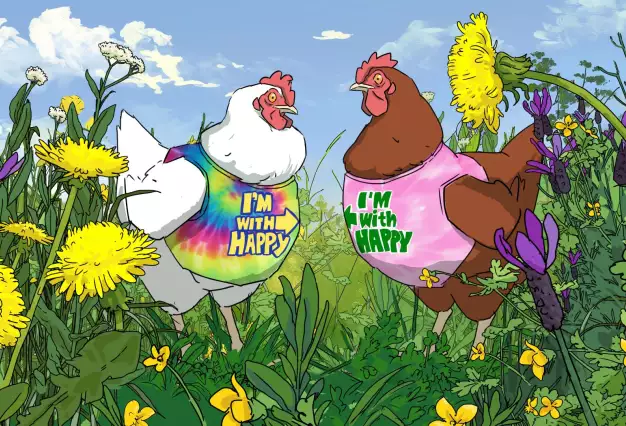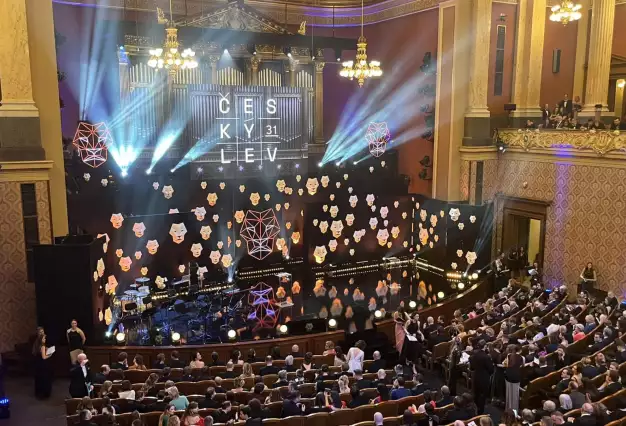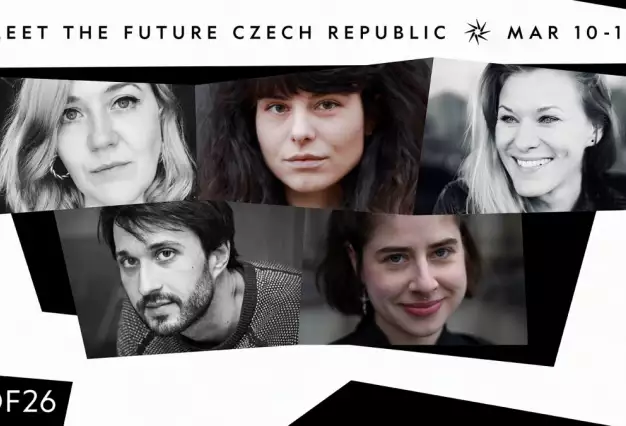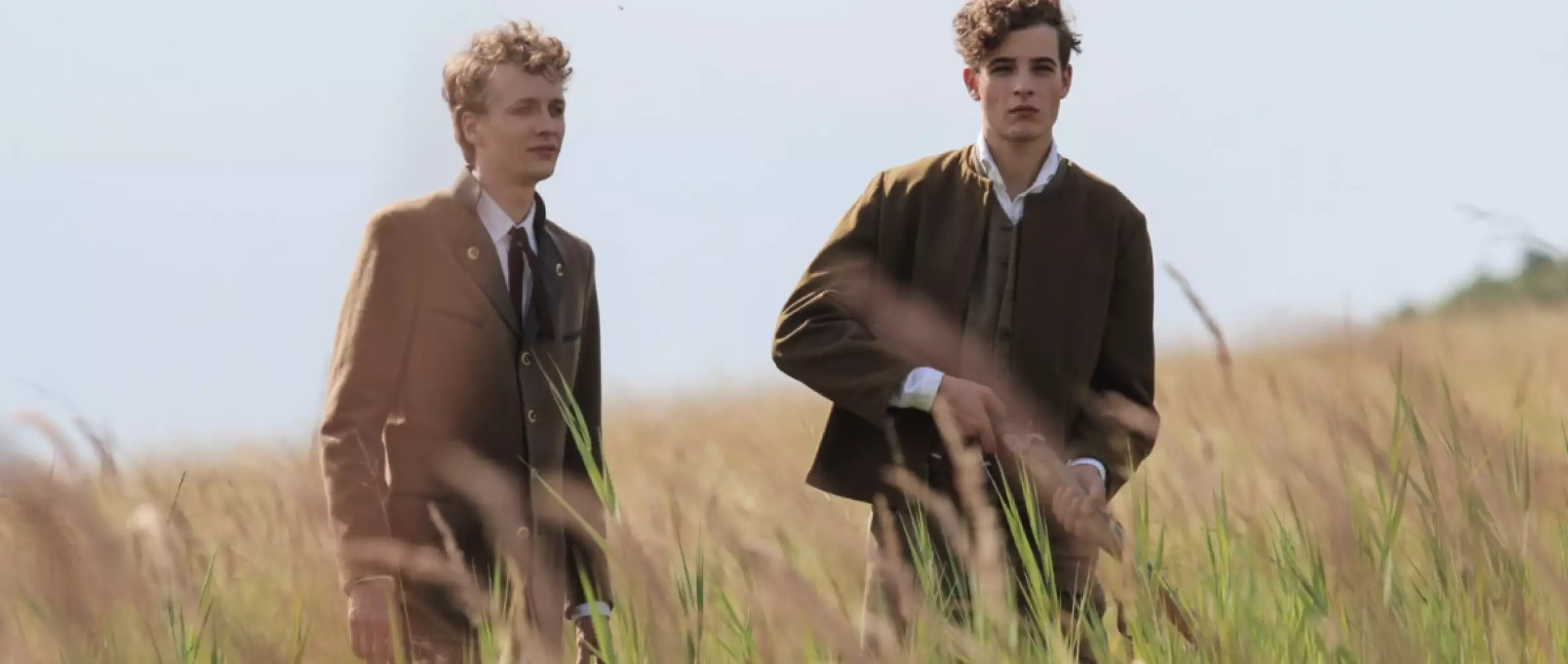
15 February 2016
Peacock - a Visual Explosion
Interview with Ondřej Hudeček
Peacock - a Visual Explosion
Interview with Ondřej Hudeček

Peacock by Ondřej Hudeček, the first Czech short film ever featured at the Sundance Film Festival, competed in the 2016 Short Films section and won the jury award for Best Direction. A twisted queer romance set in picturesque 19th-century Bohemia telling a taboo true story of the birth of one of the nation’s most influential writers, starring Julius Feldmeier (Nothing Bad Can Happen). Suspense, laughter, violence, hope, heart, nudity, sex, and a happy ending. An almost happy ending.
Interview by Denisa Štrbová for Czech Film Magazine / Spring 2016
How did the Sundance audience receive your film?
The reaction was really great, very similar to those we had elswhere in the world. The language barrier doesn’t seem to be any problem here, either. The whole programme of short films, Peacock was a part of was in my opinion very strong, entertaining and at the same time with deeper message.
Peacock was selected for the programmes of several LGBT festivals. Do you consider Peacock a queer film?
It’s not a queer film in the sense you would expect it to be. The characters don’t try to deal with their sexuality; it is simply a part of the plot. The story takes place at a time when homosexuality ceased to be exclusively a problem of the church and shifted to the realm of science, but it still was something that could destroy one’s life or put people in jail. I didn’t show Stroupežnický as a homosexual for sensational effect. I did it because the available literature indicates this orientation. I was interested in the motif of unfulfilled love, which is closely connected to Romanticism. In particular find it beautiful that it doesn’t matter if it’s love toward man or a woman.
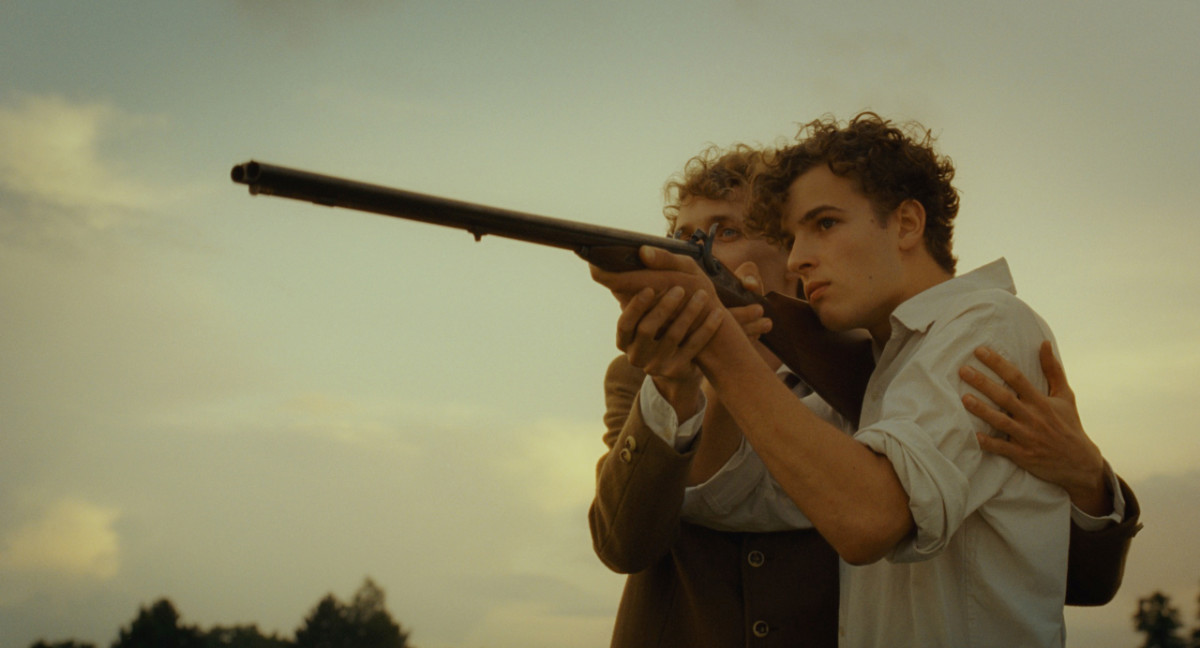
It’s interesting how you work with the oscillation between romanticism and realism in your film. Is this a typical 19th-century view of the world?
I don’t know whether it is typical for the 19th century. I think it’s more about human nature, and the perpetual fight between head and heart, reason and emotion. It’s also a great basis for a comedy, which Peacock, to a large extent, is. When something unpleasant happens to us, we mostly don’t see anything funny about it, because we are overwhelmed by emotions. But if a similar thing happens to someone else, we can see it more rationally, and suddenly we find irony in it. For me, self-irony, or the ability to see your problem from a wider perspective, is one of the most fascinating of human features. I tried to get it into my film as well. I wanted the film to be self-ironic.
Everyone who sees Peacock must be impressed by the artistic concept of the film. What was your inspiration?
I was inspired by landscape paintings from the era of Romanticism, by the Barbizon School and also several Czech landscape painters. I wanted to give the audience the illusion that they are looking at paintings from this period and thus let them more easily place themselves in the world of the film. I namely think that this is how we visualize history – through the art created in a certain period. In fact, there is no historic reality or authenticity, there is only our image of it; so I wanted the viewer to feel like they were in the 19th century. Then I started to gradually disrupt this feeling by using formal tools which remind the viewer it’s still only a film. This enables me to create the aforementioned ironic distance between the film and the viewer and show history from a different angle than people are used to seeing; to show them something familiar, but from a different perspective.
Why did you choose the music of Antonín Dvořák for your film?
I knew from the beginning his music would be fundamental to the film. I think Dvořák succeeded in creating something we can call absolutely Czech. In his work, I see a balance between romantic pathos, fatality, playfulness, irony and love of the Czech countryside, and that’s exactly what I wanted to have in my film.
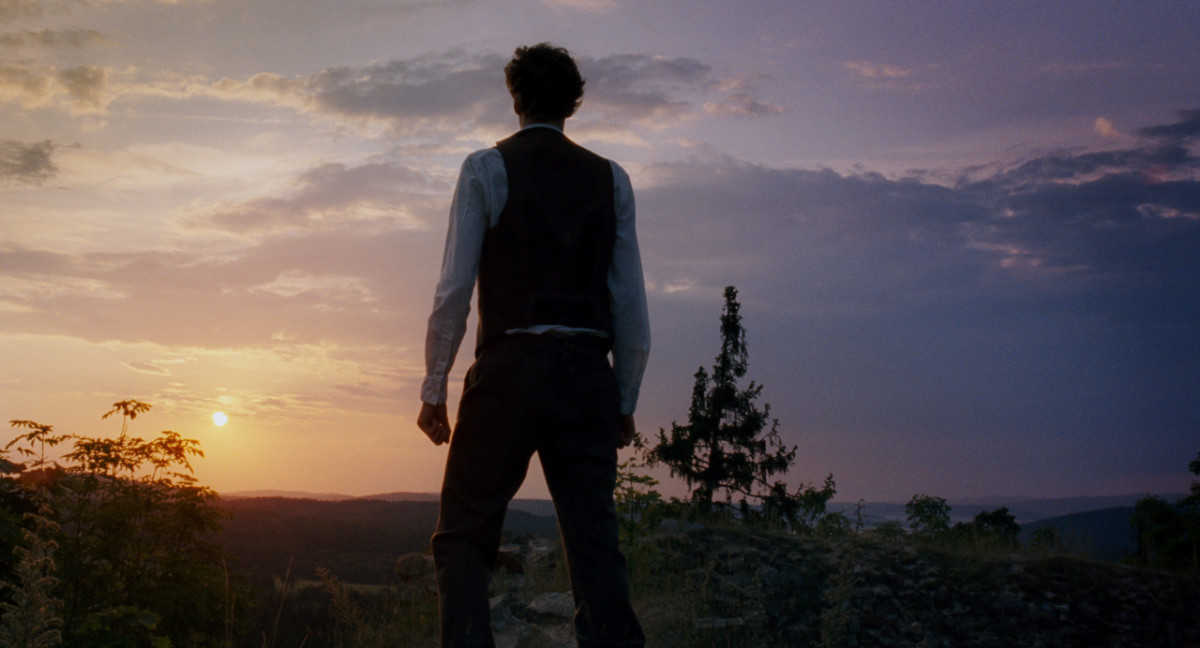
You are planning to extend Peacock into a long feature film. What subject and genre do you have in mind for it?
As for genre, it will be a historical paranoid thriller – something different from the short film, although certain passages will be similar. I would like to make a film that I myself miss in cinemas: smart, auteur entertainment with a deeper message, a universally understandable genre film which has a chance to succeed abroad and which will not be afraid to show nudity or violence on screen. One of the main topics of the film will be the inability of the main character to accept his own identity.
Do you mean Stroupežnický’s homosexuality?
Not only his homosexuality. This topic will intertwine with the similar fate of the Czech nation in the given period, a period when it had to assert itself against Austria and German influence in general. That is why we Czechs tried to show ourselves in a better light, because maybe we had the feeling that what we were was just not enough. After Stroupežnický, due to his deed, lost his strongest weapon – his natural beauty and charm – he had to find a different way to satisfy his yearning for the admiration of others. He found the answer in artistic creation. I think we all long for a certain form of admiration. That’s why this is a universally valid subject with which we all can identify.


